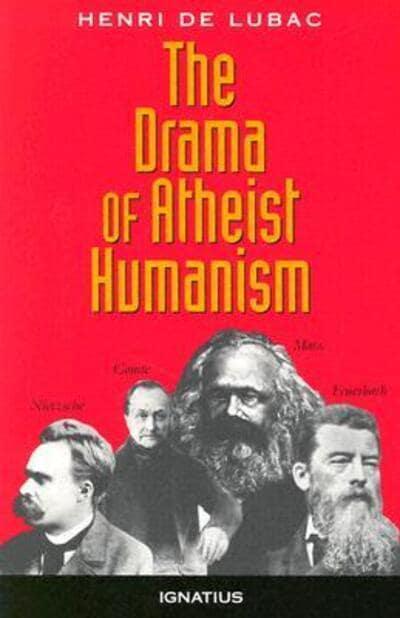Salaam
This comment piece caught my eye
If Christianity dies, who benefits?
By Peter Hitchens
From time to time I suggest that this country will, sooner or later become a Muslim nation, having given up Christianity and so left a space waiting to be filled, which secularism simply cannot do. This suggestion is generally met with incredulity at best, and derision at worst. I don’t say this is an immediate prospect, but I do think it is a long-term one.
Well, those who think the idea absurd might do well to study the latest analysis of the 2011 census.
It suggests that a minority of British people will describe themselves as Christians within the next decade. (There are now just over 33 million British Christians, and only a third of these attend church apart from weddings, baptisms and funerals) ‘Describing themselves as’ is of course a good deal less significant than attending church, bringing their children up as Christians or anything of that sort. Meanwhile the general decline in Christianity has been masked by the recent arrival of 1.2 million Christians from Poland, Nigeria and other countries. My guess is that those who stay will be secularised by this country, rather than that they will re-Christianise it.
So what, then of the Muslim population? This has risen by 75 per cent , also boosted by migrants - 600,000 in this case. Won’t they be secularised? I’m not so sure. Muslims tend to stick to the pattern of the faith – the fasts and festivals, the traditions and dietary rules, in a way which Christians don’t. they also seem to me to have much stronger family connections. And, thanks to multiculturalism , they are often concentrated in certain areas, which tends to strengthen adhesion and loyalty. They are also a lot younger than Christians. The average age of a British Muslim is 25. A quarter of Christians are over 65. Younger people, of course, have more children than older people.
Meanwhile 32 per cent of under 25s say they have no religion at all.
Keith Porteous Wood, the executive director of the National Secular Society, was quoted as saying the long–term reduction of Christianity, particularly among young people, was now ‘unstoppable’.
‘In another 20 years there are going to be more active Muslims than there are churchgoers’, he said. ‘The time has now come that institutional Christianity is no longer justified. ‘The number has dropped below critical mass for which there is no longer any justification for the established Church, for example.’
I think he is right about the numbers. I really don’t understand why he should worry about the ‘established church’, an enfeebled and vestigial thing which has almost no real influence on national life and thought (and when it does, isn’t particularly Christian).
It has always amused me in a bitter sort of way that militant secularists seem pleased by the decline of Christianity. I doubt very much that they will like it if I turn out to be right, and the removal of Christianity as the national religion simply creates a space into which Islam can move. Can they really be sure that this will not happen here? We are, as I often say, due for a religious revival as material growth fails and fizzles. Why shouldn’t it benefit Islam, simple, confident, youthful and unembarrassed?
hitchensblog.mailonsunday.co.uk




 Quote
Quote




 Hide
Hide Looks like you're enjoying the discussion, but you're not signed up for an account.
Looks like you're enjoying the discussion, but you're not signed up for an account.

Bookmarks